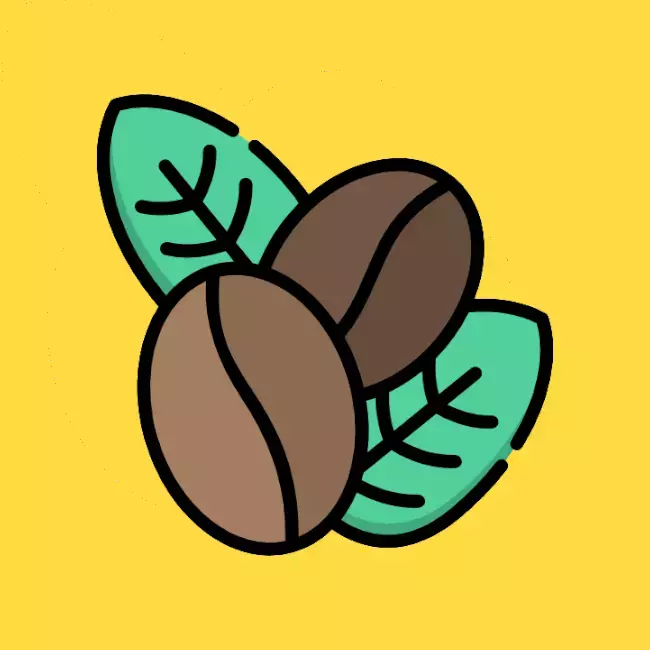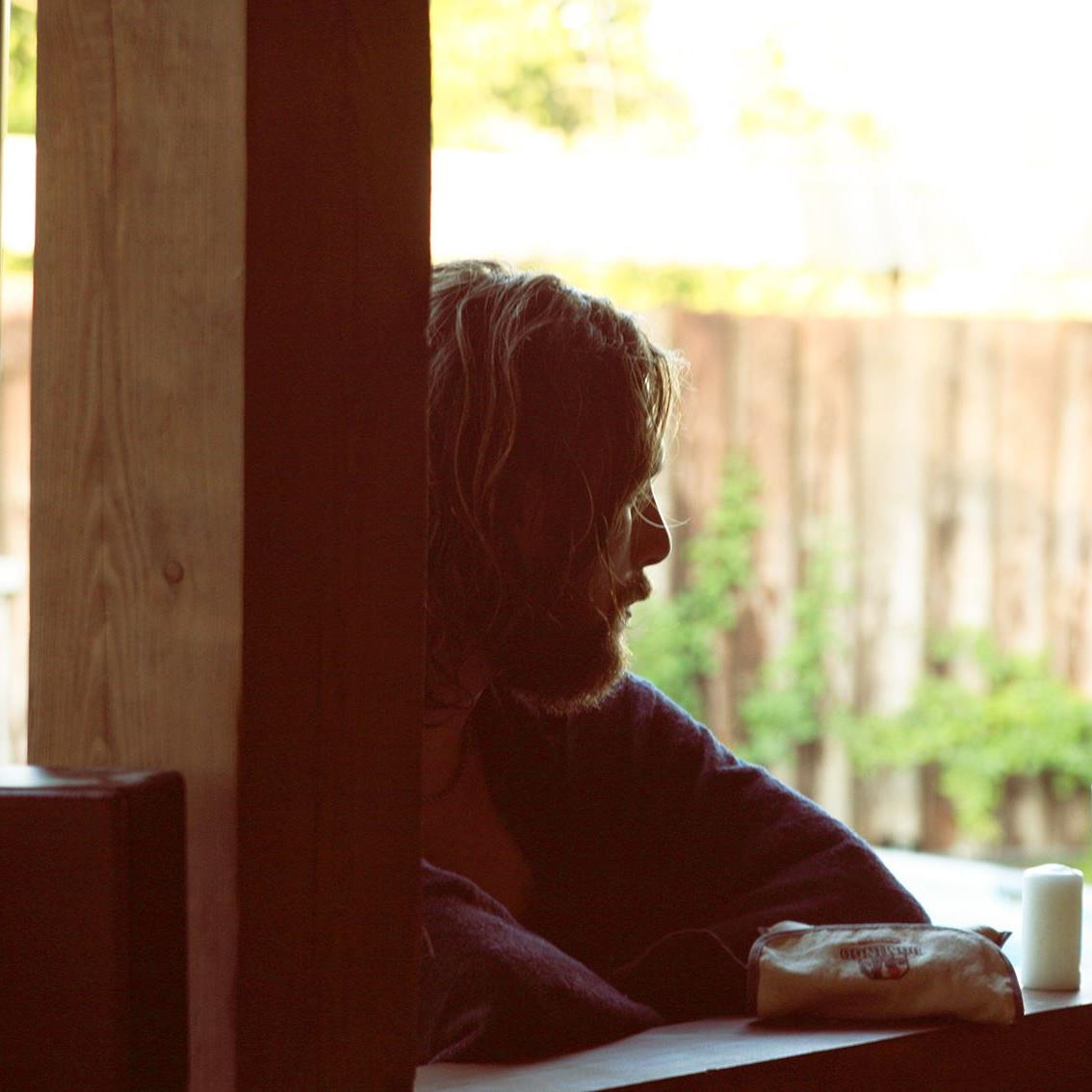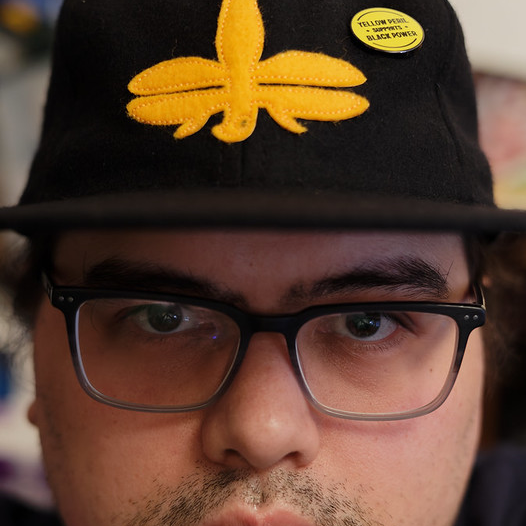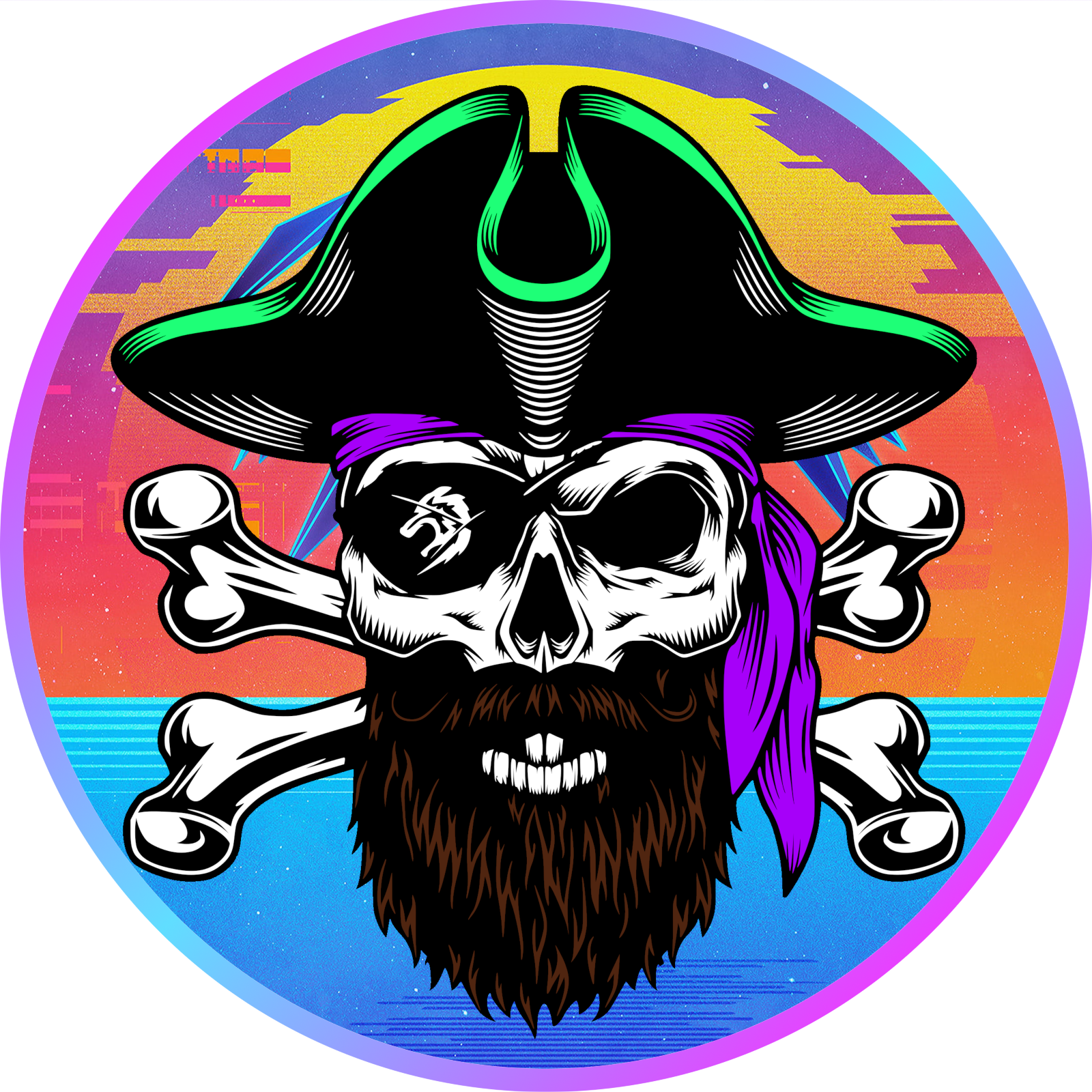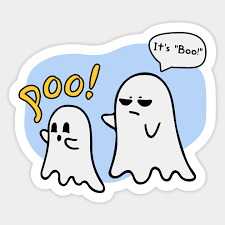I am a complete noob at coffee making. Which device should I get? I keep reading about stuff like French Press, Aeropress, etc but idk which is good and easy to use for a beginner. If it helps, until now I have only drunk instant coffee (with either milk or sugar or both). Thanks in advance!
Edit: Thanks a lot for all the replies guys!
I’d start really simple. A good burr grinder and either French press or pour over. Personally YMMV on French press vs pour over, but I tend to enjoy the taste and feel of a pour over coffee. If you have a set budget spend as much as possible on the best quality grinder. You’ll notice the biggest difference in taste, texture and brew from a grinder (IMO).
Also, buy a scale. You’ll want to start doing everything by weight now. I’m sure people can give you way more in-depth responses than mine, but this is my easy slide in to the world of coffee brewing. One day you’ll end up like the rest of us buying $6-700 single dose grinders and trying to math their way into the best cup of coffee every morning. It’s a lifestyle choice for sure.
Editing to add this bit:
I forgot to stress something I feel is the most important. It shouldn’t be a struggle or you shouldn’t really feel like you’re having to do a ton of work for your coffee. Yes boiling water, weighing the beans, grinding, then timing your pour and weighing the whole thing is work, but don’t stress over too much of it. It’s about enjoying the coffee and how it tastes. I feel like so much of this “hobby” or addiction gets wrapped up with sounding like a ton of work. It shouldn’t be that way, and adding one big piece each time slowly over time adds up to almost nothing.
I’d personally recommend an Aeropress over a pour over for a beginner. Pour over is actually pretty tricky to get great tasting coffee out of imo, aeropress is much harder to screw up.
I started my coffee journey because I went on internship abroad and didn’t have access to the house coffee machine anymore. I decided instant was too disgusting so I bought a 10€ French Press. Now I’m complaining to my wife that my scale is not good enough, I need to be more precise than a gram to make good espresso. What a rabbit hole.
My dad had me pickup a bag of coffee he liked a lot on a roadtrip of mine. He excitedly brought it over one day and my mom had to tell him as he was explaining brining it while they were driving to my house that my giant fancy $600 grinder is in fact only single dose and doesn’t really “do” whole bags of coffee… he was sad to say the least.
Mr scale at 1/10th of a gram wasn’t even accurate enough to me… you’ll get to a point where a 1/100th of a gram is the difference between great and perfect coffee. 😂
Honestly, I always tell people I’m such a robot about making my coffee in the morning that it only seems complicated. If you did the whole routine every day too you’d end up making a great cup in about 5 minutes with cleanup. Although I’m blessed enough to have one of those instant boiling filtered water things in my kitchen. Cannot recommend that enough, even just for cleaning things. Anyways, I’m right there with you. I started with a cheap IKEA French press and a $40 Mr.Coffee burr grinder and it just rabbit holed from there.
So relatable! And now I’m finding myself often considering that one grinder is not enough because my Mignon does good espresso but isn’t awesome at filter and it’s a huge pain to switch granularity in it.
I remember not so long ago when I watched Hoffman videos and thought he had too many grinders…
Thanks. Does manual/electric grinder make much difference in the coffee?
@iamak @mean_bean279
Just the price. You can get a *really good* manual grinder fully able to grind espresso for the same as a meh electric one.But or course, grinding manually gets old really fast if you normally grind for more than 1-2 cups at a time
Okay I’ll keep that in mind thanks :)
Aliexpress Yuropress and Timemore C3. Then clever v60 and a kettle with a long nose. Then Gaggia New Classic. His was my path. I can give more details on these, if you want, including links.
Aeropress is cheap and easy for a regular submersion brew and if you want to try venturing into the realm of espresso I’d suggest a flair neo cause its cheap and it lets you play with all the same variables of a 3000 dollar espresso machine e.g. pressure/flow control and temp if you already have a temp controlled kettle or a thermometer. Also don’t forget a good grinder!
Thanks! I will try everything first and then decide which one I like the most so idk about espresso rn.
Aeropress, a grinder, good coffee roasted 3 days, and a way to make water hot.
The aeropress is a little more expensive then some cheaper French presses I’ve seen BUT the Awropress is way WAY more versatile and makes a better cup imho. Also the aeropress is more forgiving for a cheaper grinder then some other devices like a v60. The French press is forgiving as well but the coffee comes out sometimes with some fines and sludginess to it the paper filter with the aeropress makes a very clean cup meaning you don’t get any fines.
If you read “body” when referring to coffee that refers to a thickness, less body is more juicy/watery. The French press keeps more of those thicker body oils but that makes a cup that can sometimes but a lot for folks.
Thanks! I’ll keep this in mind :)
Also does manual/electric grinder matter?
Manual grinders will generally be better for the price.
Okay. Thanks! :)
No BUT manual grinders price for price will have better burrs. The only thing I suggest is not to buy a blade grinder. In coffee one key is consistency. Blade grinders (the type that sometimes you see doing dual purpose as a spice grinder or a coffee grinder) and while aeropress and French press can be more forgiving on inconsistency in grind if you ever get into anything like pour over it will create a pain point where getting consistent enough grinds will be a problem.
Think of it like this:you weigh your bean to the gram your water to the gram and you get the temp to a certain degree. A blade grinder will get you crushed up coffee beans but will not give the exact some size of those crushed parts. More expense spent on grinder will give you better consistency in that regard.
Now if you spend let’s just say 50 bucks on a burr grinder that’s manual more money is spent on the bits crushing your coffee and none spent on the motor spinning those bits.
I spent two years with a 100 dollar electric burr grinder I found at Best Buy on sale (I worked there) for 60 bucks and for aeropress, French press, and pour over it worked fine. There was times where if I was doing a v60 it would slow and stall for a bit but it was normally towards the end of the brew. If you ever up your game to espresso a grinder like that isn’t gonna cut it. The general rule of thumb is if you are kitting yourself out and your hard cap is 300 bucks I’d look at 100-150 for a grinder. I’d check for used Baratza Encores. A new model called the Encore ESP came out so depending on your area if people upgraded may be selling a good one for cheap. Also check YouTube. Kyle Roswell and James Hoffman have good grinder reviews and they range their prices.
If you are looking sub 75 bucks for a grinder I’d go hand grinder unless you can nab a discount or if you are brewing for more then one or two people
Thanks a lot :) I’ll check out the youtubers as well before making a purchase
I’d suggest you a good grinder, AeroPress and scales. AeroPress is forgiving and versatile, it can brew both light and medium roasts. As to grinder, it’s up to your budget, but if you’re planning to upgrade your setup later, it’s cheaper to start with better but more expensive grinder than buying cheap one and later more expensive one. Scales allow to keep exact water to coffee ratio and get consistent results. Scoops and water marks on AeroPress are not that accurate.
Thanks! Does the accuracy matter a lot? Otherwise I’ll get aeropress and grinder and if I like it I’ll get scales
Accuracy (and particularly, consistency/reliability) in scales matters, but you don’t need an expensive scale. It just needs to be accurate to a gram (tenth of a gram is better but not necessary) and able to measure up to the weight of your largest batch+brewer+mug/carafe. (1kg should do)
Lots of kitchen scales will work. Coffee-oriented scales also have a timer function which is very handy. Some have more sophisticated functions as well.
Accuracy defines the final coffee taste. Coffee grounds amount contributes to coffee strength, and water amount contributes to extraction. The more water you add, the more bitter your coffee becomes for the same time period. So, if you want to get the taste you like every time, you need to measure both coffee grounds and water precisely.
@stilgar@infosec.pub @kukkurovaca@lemmy.blahaj.zone @Gxost@lemmy.world
Thanks a lot! I have a kitchen scale and measuring cup which I’ll use for the time being. Later on I might get sophisticated tools for coffee
Accuracy is fairly important, you can do it other ways than with a scale though. For example the aeropress comes with a coffee scoop you can use for measuring beans and numbers on the side for measuring water.
You can always get a scale later, and it doesn’t need to be a fancy coffee scale, a normal kitchen one works.
P.S. If you do get an aeropress, check out this video from James Hoffman https://www.youtube.com/watch?v=j6VlT_jUVPc
If you enjoy learning via youtube, I would say, check out James Hoffmann’s channel for info on different kinds of brewing methods and how to get the best out of them. Hoffmann is a really good resource because he does a great job of breaking things down in detail in a way that’s comprehensive but also digestible. (And funny.) Lance Hedrick’s channel is also really good and informative, but a bit more nerdy and chaotic.
When looking at different brewing devices, the main category split is between immersion and percolation. Immersion means that the coffee is sitting in the water and steeping like tea. Percolation means that water is flowing through the coffee. Percolation is more efficient at extracting solubles from the coffee, which creates different brewing dynamics. One isn’t better than the other, although immersion may be more forgiving.
Immersion or mostly immersion brewers:
- French Press: Pure immersion, no filter. This means that you will have a much thicker body as you’re getting all the oils and some of the fines in your cup
- Aeropress: Mostly immersion, with a paper filter. The brewing part is similar to a French Press, but you’ll get a cleaner cup because the filter is taking out some of the oils and fines. (If you don’t want that, you can also get metal filters to use in the Aeropress.)
- Clever Dripper: Similar to aeropress, but I think probably better for doing large batches?
Percolation brewers:
- A drip coffee machine like a Moccamaster
- Pourover / manual drip, which is a huge category with lots of different kinds of dripper with different materials and shapes. Plastic brewers will have the best thermal retention. (I.e., your brewing water will stay hotter)
- Conical (cone-shaped)
- Hario V60 is the most popular enthusiast pourover dripper. It’s known for emaphsizing acidity (sourness) and clarity of flavors. It’s not the absolute easiest to get right, but there are a ton of detailed recipes you can follow.
- Kono dripper or Hario Mugen. These are similar to the V60 but have lower “bypass” meaning that less water is getting outside the filter and around the coffee. They are a little more forgiving than the V60 but there are fewer easy to find recipes. The Mugen is designed for single-pour recipes that are easy to do, and is intended to be more user friendly than the V60.
- Flat-bottomed brewers are supposed to emphasize less acidity and more sweetness/florals as opposed to conical
- Kalita Wave is probably the second most popular enthusiast dripper. There are several different models, I think the “Tsubame” ones are supposed to have the best flow rate and thermal performance but they’re pricey. Easy to find recipes, but some of the models have a reputation for clogging
- Orea, Timemore B75, Fellow Stagg are more “modern” flat bottom brewers that are designed to have faster flow rates, less clogging, and better thermal performance than the Kalita. They tend to be a little pricey, although the Timemore B75 seems like a good budget option.
- “Zero bypass” brewers like the Tricolate, Next Level, and also heritage brewers like the Vietnamese phin and South Indian filter. These are sort of like a subclass of flat bottom brewers where bypass is impossible. The historical ones are normally used to create very concentrated coffee that is often consumed with sweetener, while the modern ones are meant to optimize efficiency. These often have very long brew times.
- Conical (cone-shaped)
Percolation/Immersion Combo
There are also now brewers that let you select between immersion and percolation, like the Hario Switch, Goat Story Gina, and the upcoming Next Level Pulsar. These let you use either all immersion, all percolation, or interesting combinations of both.
Espresso and not-quite-espresso
There’s also espresso, which is a form of percolation brewing performed under pressure, resulting in a very concentrated beverage. Espresso is kinda complicated and expensive so most folks skip it unless they really love espresso in particular. If you want to get somewhat close to espresso without the expense, most folks go for a Moka Pot.
Oh wow. Thanks a lot for the very detailed comment. As a noob this is info very helpful. I will check out both the channels before making the decision.
I started with a supermarket glass french press, and a 10€ spice grinder and it did the job it had to at the time. It made coffee which was way better than instant or whatever I used to drink back then, and it was cool making my own coffee.
I’d say French Press is the easiest intro because you just take the coffee weight you want, put it at the bottom of the French Press, and add water on top. Let it sit there for some time, you’ll hear various times, I usually stick around 8 minutes but I don’t look at the time anymore. Coffee ends up good anyway.
You can make do with a measuring cup/spoon to begin with if you don’t want to bother with a scale yet or due to budget constraints, but any scale is better than none. However, coffee scales are overpriced gadgets you don’t need at all. Go fancy if you want and it makes you happy, but don’t feel pushed to. I still use the same scale I did when I began my journey in 2019, which is a 10€ scale from the local store. You’ll want more specific gear if you ever venture into espresso, but you’re not there yet.
So to sum it up:
- French Press
- Kettle
- Coffee (preground) OR Coffee (beans) + cheap grinder.
I upgraded my supermarket french press when the glass eventually broke from the heat to a metal one which might outlive me for 50€.
Note : if you go French Press route, most likely you will end up with coffee sand at the bottom of your cup because you’ll either use preground coffee that is too fine, or you’ll start with a cheap spice grinder that grinds too fine. You may or may not want to skip that step and invest into a grinder capable of coarse coffee. Baratza is widely recommended for their bargain prices and very capable grinders. But that’s a step above, depends on your budget and how deep you’re willing to dive at first.
Pre-ground coffee is bad? Someone gave me pre-ground coffee which inspired me to do this
Freshly ground coffee is better, but if you have pre-ground coffee on hand, there’s no reason not to use it.
@kukkurovaca@lemmy.blahaj.zone @Natal@lemmy.world
Thanks. I’ll use up the pre-ground one and then get beans and a grinder.
Depends. Most coffee aficionados prefer beans because then you weigh and grind what you need when you need it for best freshness and taste.
Most pre-ground have been so for years and have lost quite a lot of flavour and might end up in a bad cup.
But it’s not a bad place to start, you can find people saying pre-ground is evil but it can do the job for you and maybe that’s all you’re looking for.
In order of importance, a decent grinder and a scale should be at the forefront, along with using some quality beans!
The next up would be any brewing method, and this can be tough to navigate. If you are lazy, go with a normal electric filter brewer. If you mainly brew 1 cup at a time - Aeropress, cheap - quick - effective and easy to use Steep coffee - french press (I’m not particular fond of this myself, but flavour is subjective) Pour over - I’d probably reccomend a v60 here, but would require a kettle or something that lets you control your waterpour as well.
But you can do it in steps! If you consume a lot of coffee, you could start with a brewing method and a scale, then get your beans ground in a coffeeshop as you buy it. Not ideal, as freshly ground coffee is a huge upgrade from pre-ground, but it gets you to experimenting faster
If you’re looking for good flavored coffees, I’m a huge fan of Bones Coffee. They have a ton of unique flavors as well as single origins, and you can order them whole or preground. You also don’t have to order a huge bag and pray you like it. They sell 4oz. sample packs. You can order them in packs of 5 to try out a few. Also, they usually have coupons and promotions available all year round.
Also fell in love with 1820 Costa Rican coffee last time I was down there if you want a nice simple coffee thst tastes good black or otherwise.
That sounds convenient! Thanks a lot :)
Honestly the coffee is more important than the process.
If you want to jump start into some excellent and amazing coffee look no further than this:
COFFEE++ Super Specialty Ground Coffee - Medium Roast & Intensity Fresh Coffee Grounds, Unique Aroma & Flavor Gourmet Coffee - 84 SCA Score, 100% Arabica, 89+ Cup of Excellence Score - CLASSIC, 8.8 oz https://a.co/d/2k949SU
It is very smooth and less acidic so the flavor of the coffee really shines. You can stick some grounds of this in a basic single cup Keurig and it will taste amazing.
TLDR start with excellent coffee first, experiment with processes later
Okay. Thanks!
I think the biggest impact to start with would be a decent grinder so you can start buying whole-bean coffee and grinding it right before you use it… pre-ground coffee gets staler, faster, so by grinding it at home, you’re going to get a fresher cup.
An electric burr grinder is going to be more expensive than a crappy $20 “whirling blade” grinder, but your grounds are going to be more consistent is size, which is important for getting consistent results while you experiment with other factors like brew time, water temperature, etc.
If you can’t swing an electric burr grinder, there are some fairly affordable manual (hand crank) burr grinders that produce good results.
From there, French press or Aeropress are pretty low-barrier-to-entry ways to get started.
For travel, I take a hand grinder, mug and an Aeropress, and buy beans from a local coffee shop to grind. All you need is a way to heat water, and you can do good coffee anywhere!
Hope this helps, happy coffee-making!!
Thanks a lot! :)
As long as you have a way to boil water, you can start with the above gear, purchasing preground coffee. This will be miles past your instant coffee.
If you want to get deeper into the technique, you can continue with the following.
If you decide you don’t want to crank by hand
6.Entry Level Electric Grinder
Feel free to ask any technique or coffee varietal questions.
Sure. I’m also thinking since I am new to this I will get pre-ground coffee so that I don’t get overwhelmed. Thanks a lot for the info!

